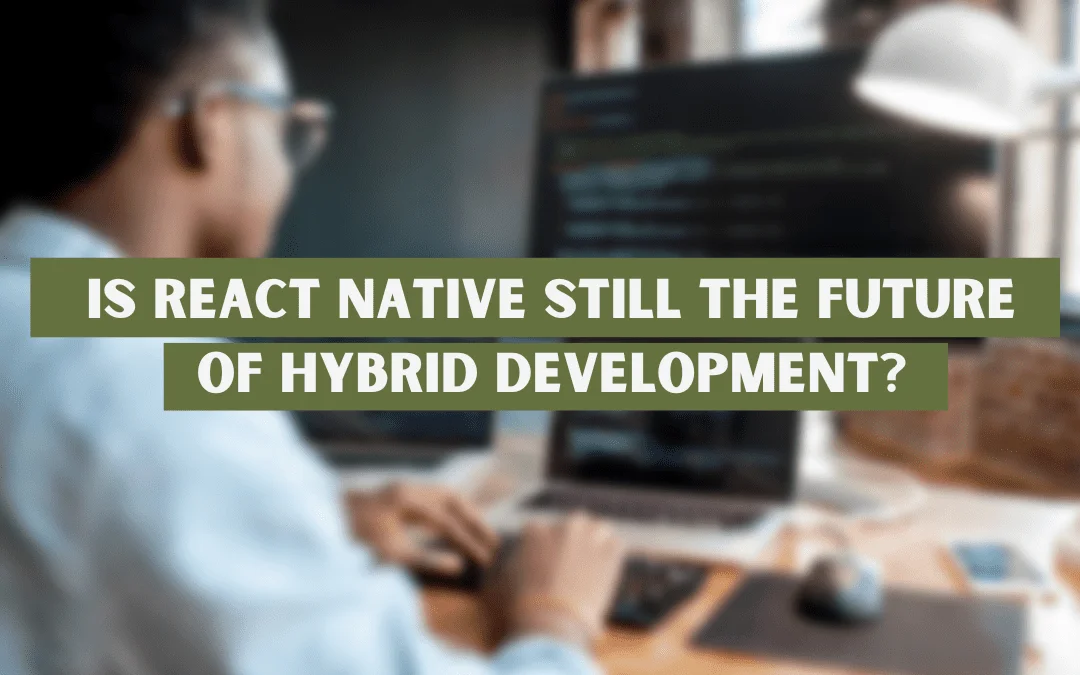Machine Learning is revolutionizing almost every industry be it agriculture, healthcare, education, or gaming. However, in the gaming industry, Machine Learning has emerged as a magical tech stack as it has revolutionized the entire gaming industry. According to the reports of Newzoo’s Global Games, the video game industry is hitting market valuation far bigger than Film & Music Industry put together. The explosion of Machine Learning in the gaming industry is a result of the major improvements in its GPU processing speed and a vast amount of data that require deep learning algorithms to feed on. Thus, Machine Learning has allowed games to be more dynamic with their intelligence.
Role of Machine Learning For Game Development
Machine Learning plays a crucial role in the game development process by adding the following features to the product (Game interface).
Allows Algorithms To Act As NPCs
In the gaming interface, several characters make the game more engaging and interesting. Although there have always been pre-scripted NPCs (Non–Playable Characters )in video game Machine Learning – based NPCs allow us to play against less–predictable opponents/characters. As a result, this brings more interest to the game. These NPCs can adjust and act as per their difficulty level as these characters are smarter and respond in unique ways.
Facilitates Modeling Of Complex Systems
Machine Learning adds to the ability of the gaming interface to model complex systems. Thus, making the gaming experience more immersive and realistic. By using Machine Learning predicting the downstream effects of a player’s actions and modeling became smooth. Thus, the inclusion of realistic characters, with relatable emotions and ethics makes it worthwhile for the gamers to stay connected with the story plot of the game.
Helps With Pathfinding And World Creation
The most promising application of Machine Learning in game development is its ability to create a desired world or gaming ecosystem which looks beautiful. To date, popular video games were expansive open map games that did allow exploring a massive landscape but required hours of development and artistic efforts to attain results. However, Machine Learning algorithms help with pathfinding and world creation.
Allows Realistic Interactions
Usually, it becomes challenging to build a realistic virtual world where players interact with friendly NPCs. However, Natural Language Processing (NLPs) helps players talk out loud with in–game characters and get real–time responses. Alongside, incorporating VR haptics or imaging the helps detect body language and intentions of the players. Thus, Machine Learning enhances the interaction of the users with NPCs.
Makes Game More Engaging
Mobile games account for about 50% of the gaming revenue in the industry as mobile and tablets make it possible to play games everywhere. Thus, reducing the downtime. Alongside this, Machine Learning and related hardware continue to make mobile games more realistic, immersive, and interactive.
Final Words
Machine Learning will potentially be used to model complex system and actions which in turn would make the gaming experience faster and more seamless for the players. Today most game development agencies or studios have an extended team of researchers, developers, and marketers who make the required use of AI and ML for game development. So, if you are also looking for a game development agency like this makes sure to visit us at www.centrelocus.com





